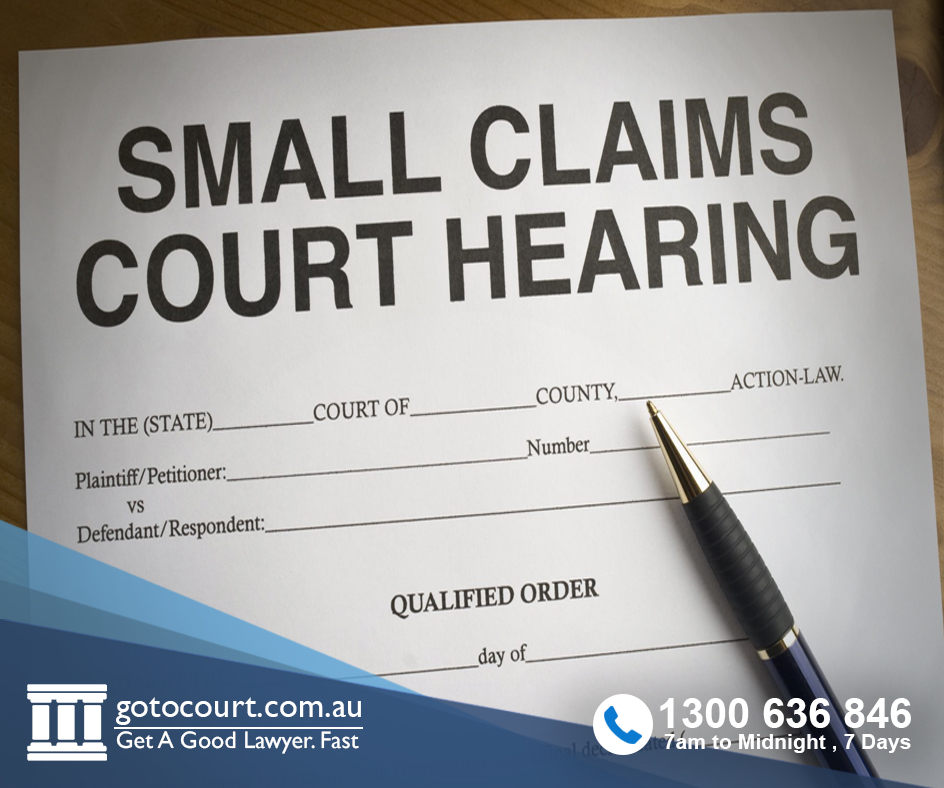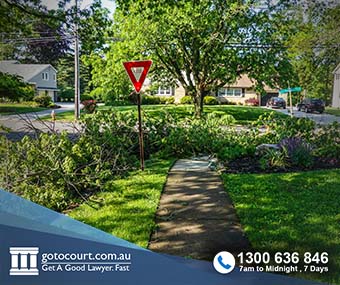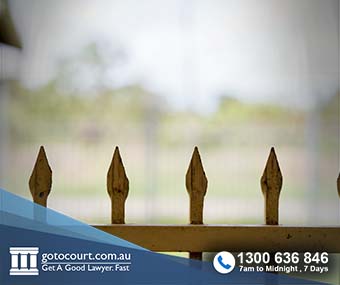Contesting A will (ACT)
Contesting A will (ACT)
In the ACT, an eligible party can dispute the last wishes of a testator if they have grounds to contest the will under the Family Provision Act 1969. A claimant must prove that the deceased had a moral duty to financially provide for them and failed to do so adequately in their will. A claim will only succeed if the case meets certain additional criteria: first, that there is enough value in the estate; second, that the claimant is in financial need, and finally, that the relationship the claimant had with the testator warrants provision. This article outlines the grounds that exist for contesting a will in the ACT.
Jurisdiction
A Family Provision Claim can be made to the Supreme Court of the ACT only if the deceased person was the owner of real property in the ACT or lived there before their death.
Grounds For Contesting A Will: Eligibility
Contesting a will is reserved for those persons with a statutory right to dispute a family member’s will. A spouse, partner, and even a former partner of the deceased have an unqualified entitlement to dispute their will. Biological and adopted children of the deceased also have this right.
A conditional allowance also exists for other categories of people to contest the will. A stepchild, grandchild or parent of the testator can make a claim if the deceased was financially supporting them before their death. A grandchild can also apply if their parent passed away before the testator, or if the grandchild’s parent/s were not financially supporting them. A testator’s parent may contest the will if the testator died without a spouse or child.
Adequate Provision
Claims against a deceased estate are assessed against several criteria. Most importantly, the court considers whether the testator had a moral obligation to adequately provide for the claimant and failed to do so adequately in their will. The statutory definition of adequate provision under ACT succession legislation is “proper maintenance, education or advancement in life”. If the court finds the claim to be valid, it can redistribute the estate to provide for the claimant.
The amount of provision that can be made to a claimant must be in proportion to the size of the estate itself after all of the testator’s debts have been paid. In increasing the provision for one person, the court may decrease the provision for another party. On occasion, otherwise deserving parties will not receive provision because the estate has been exhausted by Family Court Orders, or because someone has inherited major assets outside of the will (for example, through joint ownership of real estate).
Grounds For Contesting A Will
The court considers a number of other criteria set out in the Family Provision Act 1969 to determine if a claimant has grounds for contesting a will.
The closeness of the testator’s relationship with the claimant is a relevant consideration. For example, a spouse or child has more grounds for contesting a will than a grandchild or parent of the deceased. The length of the relationship will also affect the relative strength of the claim.
How the claimant behaved towards the testator may also affect the success of their claim. Any financial or other contribution that the claimant made towards the deceased estate or to the testator’s welfare or the welfare of their family may increase the likelihood that the claim will be successful. For instance, if a son or daughter cared for their parent regularly before they passed away, they can argue that they significantly contributed to the deceased’s welfare.
One of the most important grounds for contesting a will in the ACT is financial need. The court will note the claimant’s financial circumstances, including income, assets and any resources that they can rely on in the future. It is particularly important that a claimant highlights any factors that impact their earning capacity such as physical or intellectual disability. The claimant’s cost of living and whether they have dependents will also affect the claim. An applicant who is financially independent is unlikely to obtain a redistribution of an estate where there are beneficiaries who are entitled to inherit and in financial need.
If you require legal advice or representation in any legal matter, please contact Go To Court Lawyers.

Affordable Lawyers
Our Go To Court Lawyers will assist you in all areas of law. We specialise in providing legal advice urgently – at the time when you need it most. If you need a lawyer right now, today, we can help you – no matter where you are in Australia.How It Works




1. You speak directly to a lawyer
When you call the Go To Court Legal Hotline, you will be connected directly to a lawyer, every time.

2. Get your legal situation assessed
We determine the best way forward in your legal matter, free of charge. If you want to go ahead and book a face-to-face appointment, we will connect you with a specialist in your local area.

3. We arrange everything as needed
If you want to go ahead and book a fact-to-face appointment, we will connect you with a specialist in your local area no matter where you are and even at very short notice.


















